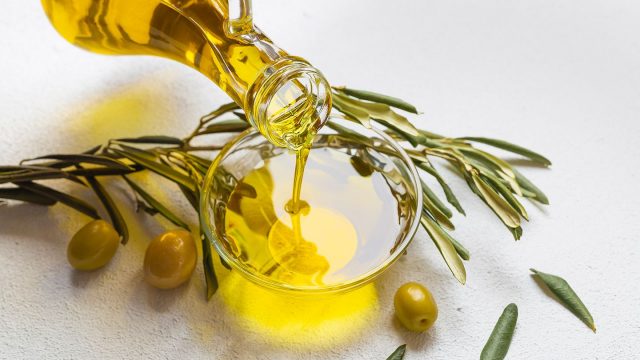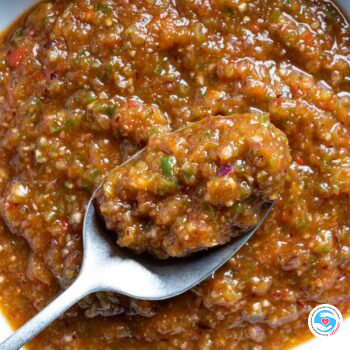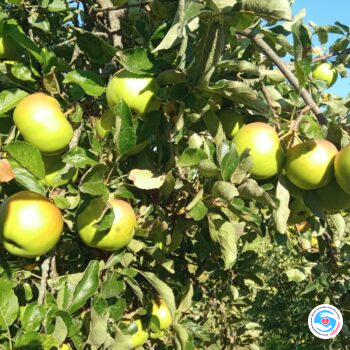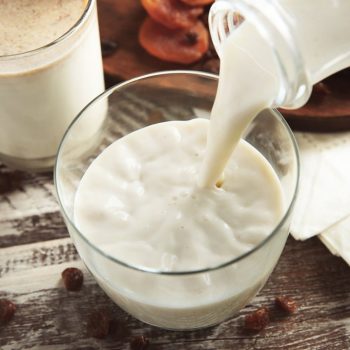
Summer is the season of fresh vegetables and berries! Salads from them occupy an important place in our diet. And it is right! After all, it is tasty and very healthy, because of the abundance of minerals, vitamins and trace elements in the “gifts of nature”. Often people ask themselves the question: “What is the best seasoning for such a salad?” The choice is really large – sour cream, mayonnaise, all kinds of sauces. What product is it better to give preference to be both tasty and healthy?
Staff of the Inna Foundation continue to study the recommendations of specialists in the prevention of cancer. And, of course, such a question could not pass our attention. For an answer to provide useful advice to our readers, we studied an article recently published in the specialized medical journal Journal of the American College of Cardiology.
Staff at Chan’s Harvard School of Public Health in Boston conducted a study to examine the impact of olive oil on the risk of certain diseases, including cancer.
As you know, olive oil is a product of vegetable origin obtained from olive fruits. Its fatty acid composition is a useful for the body mixture of triglycerides of fatty acids with a very high content of oleic acid esters.
The authors of the study used the Cox Proportional Risk Model (Mathematical Model of Independent Variable-Factor Risk Function Dependency) to estimate total and cause-specific mortality among 60,582 women and 31,801 men (all health workers)who were free from cancer and other diseases at the time of the study. The diet was assessed by means of a food frequency survey every four years.
For 28 years of observation (1990-2018), 36,856 deaths were recorded. The multivariate-adjusted pooled all-cause mortality rate among participants who consumed the highest amount of olive oil (>0.5 tablespoons per day or >7 g/day) was 0.81 (95% CI: 0.78 -0.84) compared to those who never consumed olive oil. or rarely used olive oil. Higher olive oil intake was associated with a 17% lower risk of cancer mortality (RR: 0.83; 95% CI: 0.78-0.89). In a substitution analysis, replacing 10 g/day of margarine, butter, mayonnaise, and milkfat with an equivalent amount of olive oil was associated with an 8-34% reduction in overall and causal mortality.
That is, people who used 7 grams or more – about ½ tablespoon – during cooking as a condiment had a lower risk of dying from cancer. In addition, the risk of death from cardiovascular disease, respiratory disease, or Alzheimer’s disease is also greatly reduced when compared to people who rarely or never consume olive oil. And replacing about 10 grams per day (about ¾ tablespoon) of butter, margarine, mayonnaise, or milk fat with an equivalent amount of olive oil has also been associated with a lower risk of early death.
“Physicians should advise patients to replace certain fats such as margarine and butter with olive oil to improve their health. Our study helps provide more specific recommendations that patients can more easily understand and hopefully incorporate into their diet,” said Dr. Gouache-Ferret, co-author of the study.
In addition, this oil contains stearic acid, polyphenols, vitamins A, E, D, K. In a word, it is a very useful product for the prevention of many diseases, including cancer.
Thus, analyzing the results of a scientific study, we can conclude – use olive oil in your diet as often as possible. This product deserves your attention!












